

Acclaimed dancer Carlos Acosta introduces a new generation of film makers who use b-boying, ballet and contemporary dance to tell their stories. Subjects range from dancing in a bingo hall, acid attacks, body image and wellbeing and the mystical world of baby eels. Each is a remarkable fusion of dance and film. Anatomy of a Crooked Spine; Blast; Elver; Full House; I Am Soldier; I Dance Best with You; Inside; Inside We Break; Manmade; Petals and Pain; Scapelands; We Are Ready Now; We Are Always Here; Do I Have Free Will?
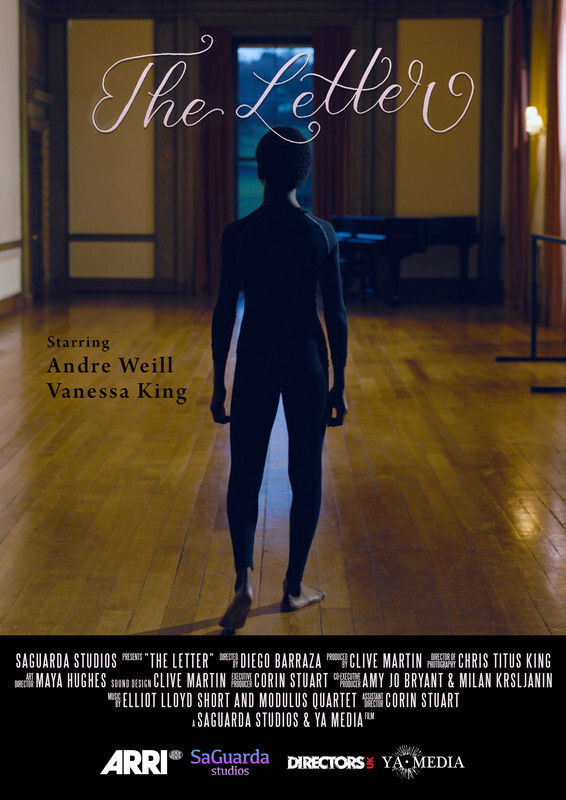
The Letter tells the true story of 11-year-old Andrè and his inspiration to pursue a ballet career.

Yuli is the nickname given to Carlos Acosta by his father, Pedro, who considers him the son of Ogun, an African god and a fighter. As a child Yuli avoids discipline and education, learning from the streets of an impoverished and abandoned Havana. His father, however, has other ideas, and knowing that his son has a natural talent for dance, sends him to the National Ballet School of Cuba. Despite his repeated escapes and initial poor behaviour, the boy is inevitably drawn to the world of dance, and begins to shape his legendary career from a young age, becoming the first black dancer to be cast in some of the most prestigious ballet roles, originally written for white dancers, in companies such as the Houston Ballet or the Royal Ballet in London.
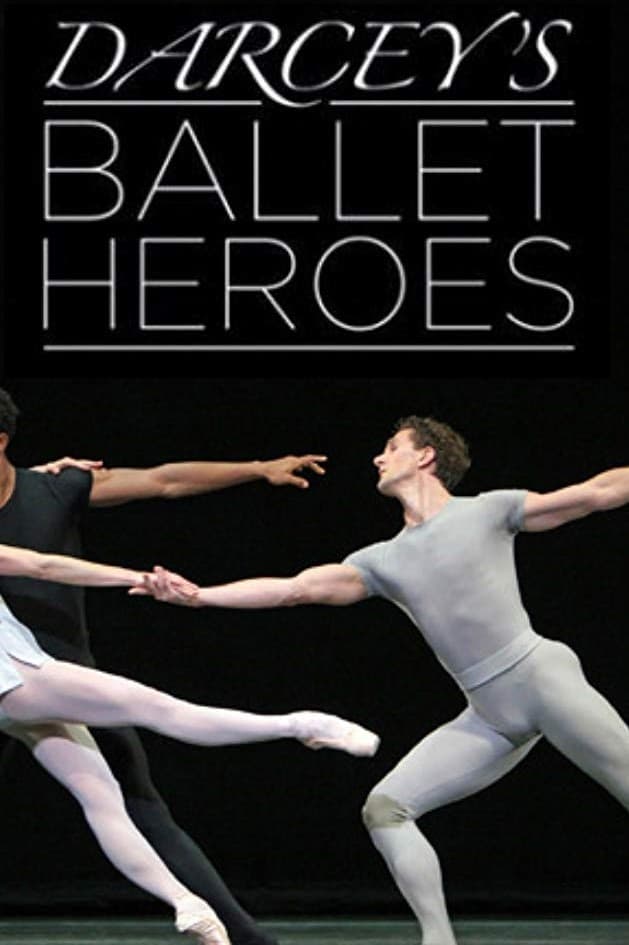
60-minute film in which ballet star Darcey Bussell undertakes a very personal journey to meet the heroes and dancers who transformed male ballet.
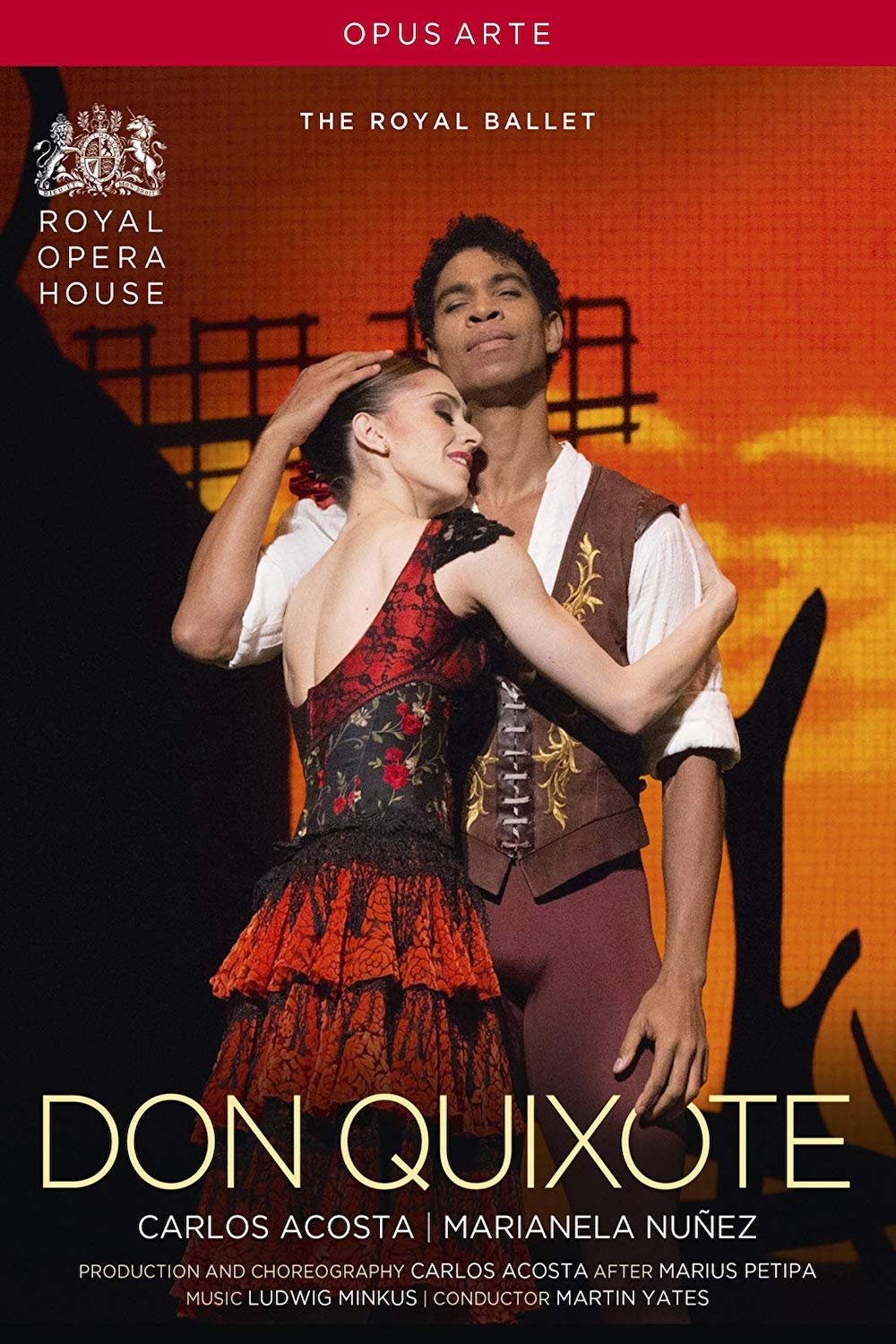
Carlos Acosta's first venture directing one of ballet's 19th century classics was eagerly anticipated, as was his own starring role in the production (as Basilio), opposite the Argentinian Royal Ballet principal Marianella Nuñez (Kitri). Still built on Petipa's original choreography, Acosta's clear dramatic structure and vivid stage action gave the ‘boy gets girl despite her father’ story a more convincing air than usual, with Don Quixote's parallel obsession with Dulcinea-Kitri coherently woven into the plot.
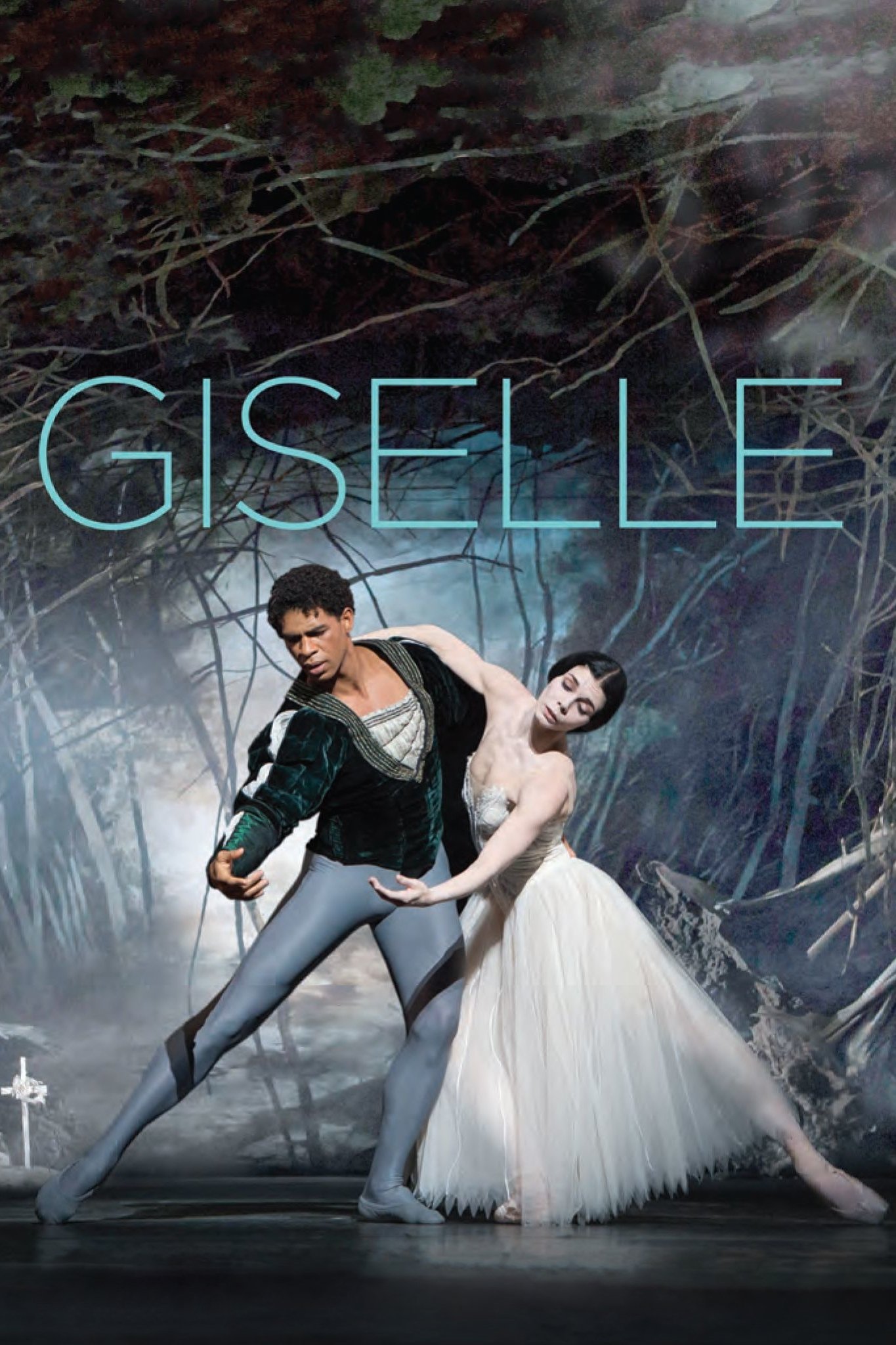
The peasant girl Giselle discovers the true identity of her lover Albrecht – and that he is promised to another. This is one of The Royal Ballet’s most loved and admired productions, faithful to the spirit of the 1841 original yet always fresh at each revival. This performance features former Bolshoi star and now Royal Ballet Principal Natalia Osipova in a breath-taking interpretation of the title role.

Marius Petipa’s exotic ballet set in legendary India is a story of love, death and vengeful judgement. Natalia Makarova’s sumptuous recreation of Petipa’s choreography, with atmospheric sets by Pier Luigi Samaritini and beautiful costumes by Yolanda Sonnabend, stars Tamara Rojo as the Bayadère (temple dancer) Nikiya, Carlos Acosta as Solor, and Marianela Nuñez as Gamzatti, whose alluring presence challenges Solor’s love for Nikiya. Live performance recorded in 2009.
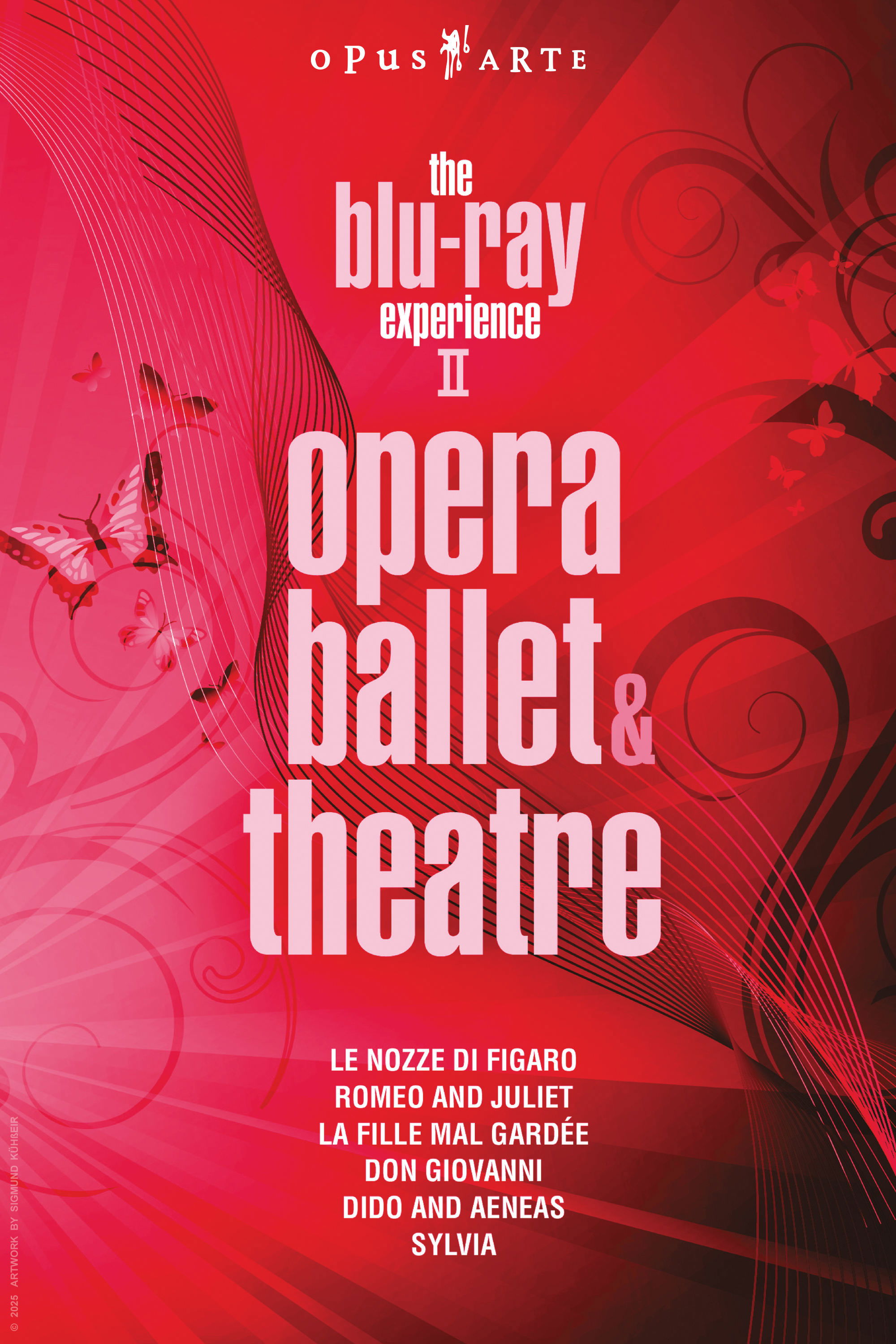
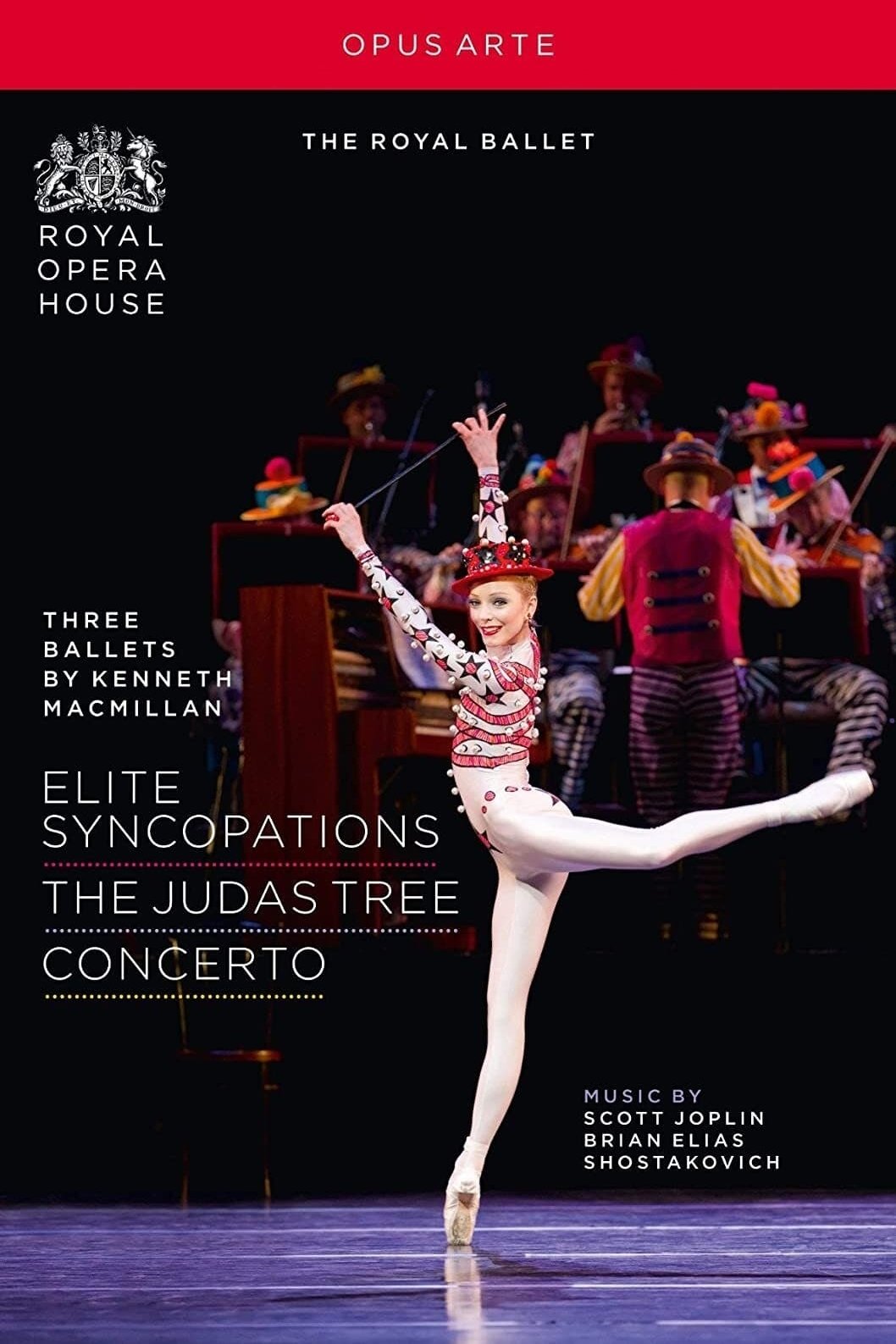
"MacMillan's vision has been vital in shaping The Royal Ballet's style and repertory, and what better way to appreciate his art than with this rare chance to experience three contrasting works in a single performance. Abstract, dramatic, humorous - this programme gives a wonderfully varied introduction not just to MacMillan's work but to the beauty and dramatic power of ballet itself. Concerto, to Shostakovich's Second Piano Concerto, contrasts moments of exuberance and elegiac reflection. The Judas Tree places a single woman among 13 men to enact a harrowing event that is recognizably contemporary but with biblical overtones. Elite Syncopations completes the programme with a sparkling evocation of a dance hall that brings ragtime rhythms to the dance, and a ragtime band to the stage.

New York, I Love You delves into the intimate lives of New Yorkers as they grapple with, delight in and search for love. Journey from the Diamond District in the heart of Manhattan, through Chinatown and the Upper East Side, towards the Village, into Tribeca, and Brooklyn as lovers of all ages try to find romance in the Big Apple.
By browsing this website, you accept our cookies policy.